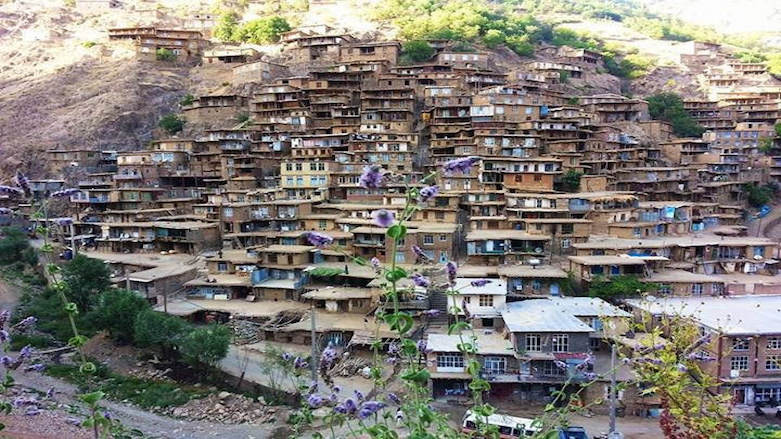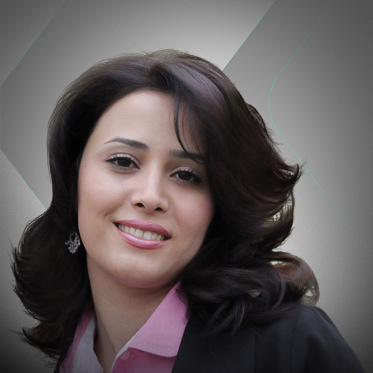Despite education deprivation, Kurdish man is top doctorate student

ERBIL, Kurdistan Region (Kurdistan24) - A Kurdish student was selected among the top Iranian university students in the 24th annual celebration of geniuses.
Originally from the village of Bardawa in Rawansar, Kermashan Province, Davood Jamini was among the 40 best students selected from 2248 recommended ones nation-wide.
Of the 40 students running for the final stage, 15 were women and 25 men.
Jamini, a finalist, is completing his doctorate studies in Department of Rural Planning, Faculty of Geography and Planning, University of Isfahan.
The majority of his research has focused on developing Horamanat area in the Kurdish region of Iran known among Kurds as Rojhelat or Eastern Kurdistan.
Jamini has published over 50 papers in national and international journals, mostly about ostracized villages, women employment in rural areas, housing, management, healthcare and other matters related to the poor conditions of villagers in Iran and more specifically in the Kurdish region.
Iranian students from Sharif University and other top schools, such as the University of Tehran and the Isfahan University of Technology, have gained significant successes in the international Science Olympics, taking home trophies in physics, mathematics, chemistry and robotics.
However, Jamini's achievement is particularly significant because a large number of students in Rojhelat are denied education.
More than 1,285 high school students in Kurdistan province of Iran have dropped out of school in 2016, according to Rashid Ghorbani, the chairperson of the Education Department.
Currently, in Iranian Kurdistan, 225,000 people are illiterate, 60,000 of whom are between the ages of 10-49.
Last year, 53 children between the ages of 6 and 11, in the city of Poldasht, West Azerbaijan Province, could not attend school due to poverty. Poldasht has a population of 18,000 and is located in the northwest of Iran, near the Turkish border.
Additionally, 268 students in their first and second year of high school dropped out of school, according to Fars, the state-run Iranian news agency.
Overall, 1,500 students in the West Azerbaijan province, which is home to Kurdish and Turkish ethnic minorities, have been unable to continue their education, according to Iranian officials. The alarming statistics caused Mojtaba Talebi, the chairperson of West Azerbaijan Province Education, to warn about the increasing rate of illiteracy in the region.
Nonetheless, activists say the real number of education-deprived children is much greater than what the Iranian officials admit. For example, they claim that at least 160 homeless children who live in Sina (Sanandaj), the capital city of the Kurdistan Province, are not included in the official statistics.
The systematic oppression of the ethnic minorities in Iran, through linguistic exclusion and economic discrimination, has had harmful consequences in the poverty-ridden regions.
